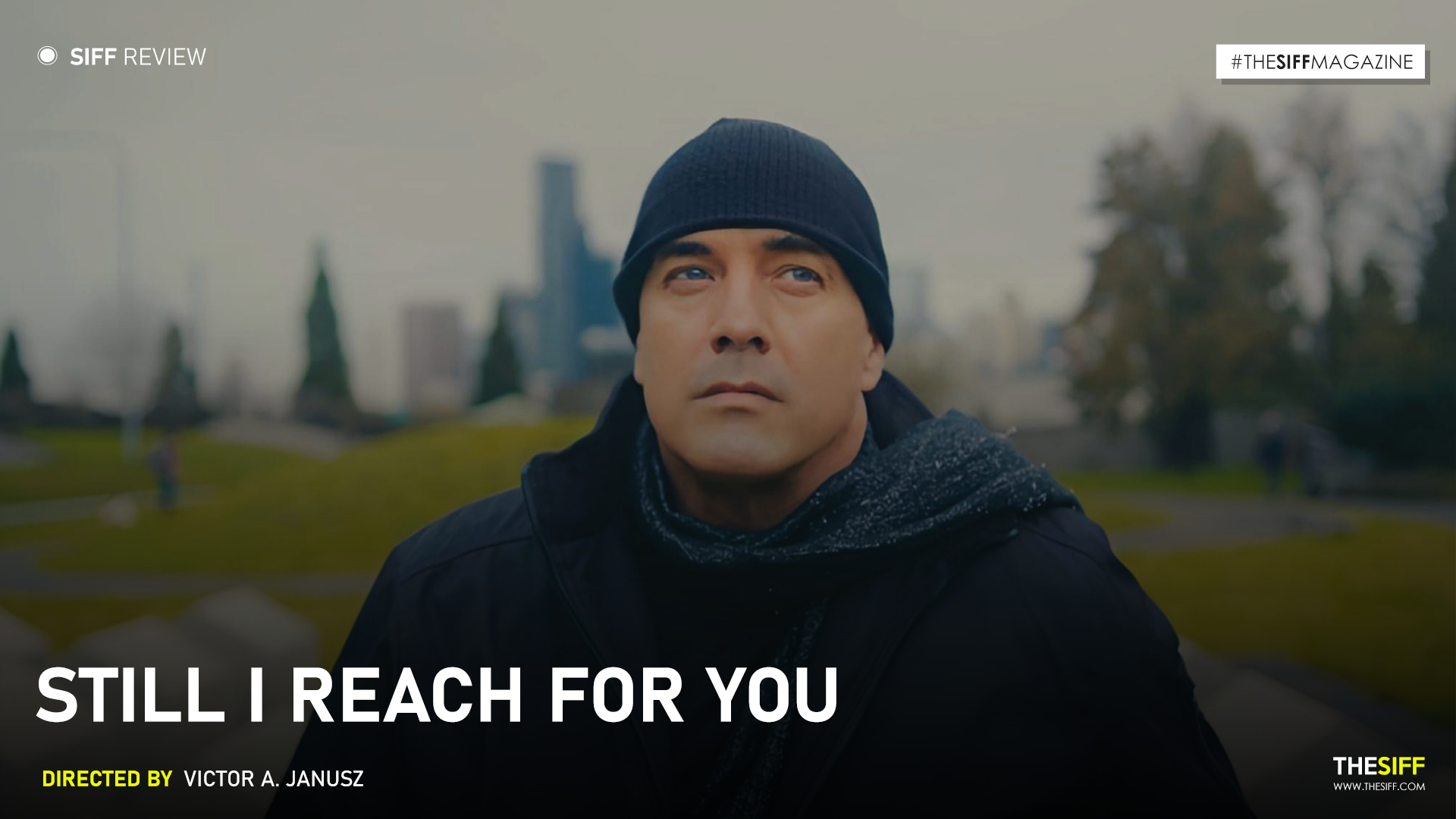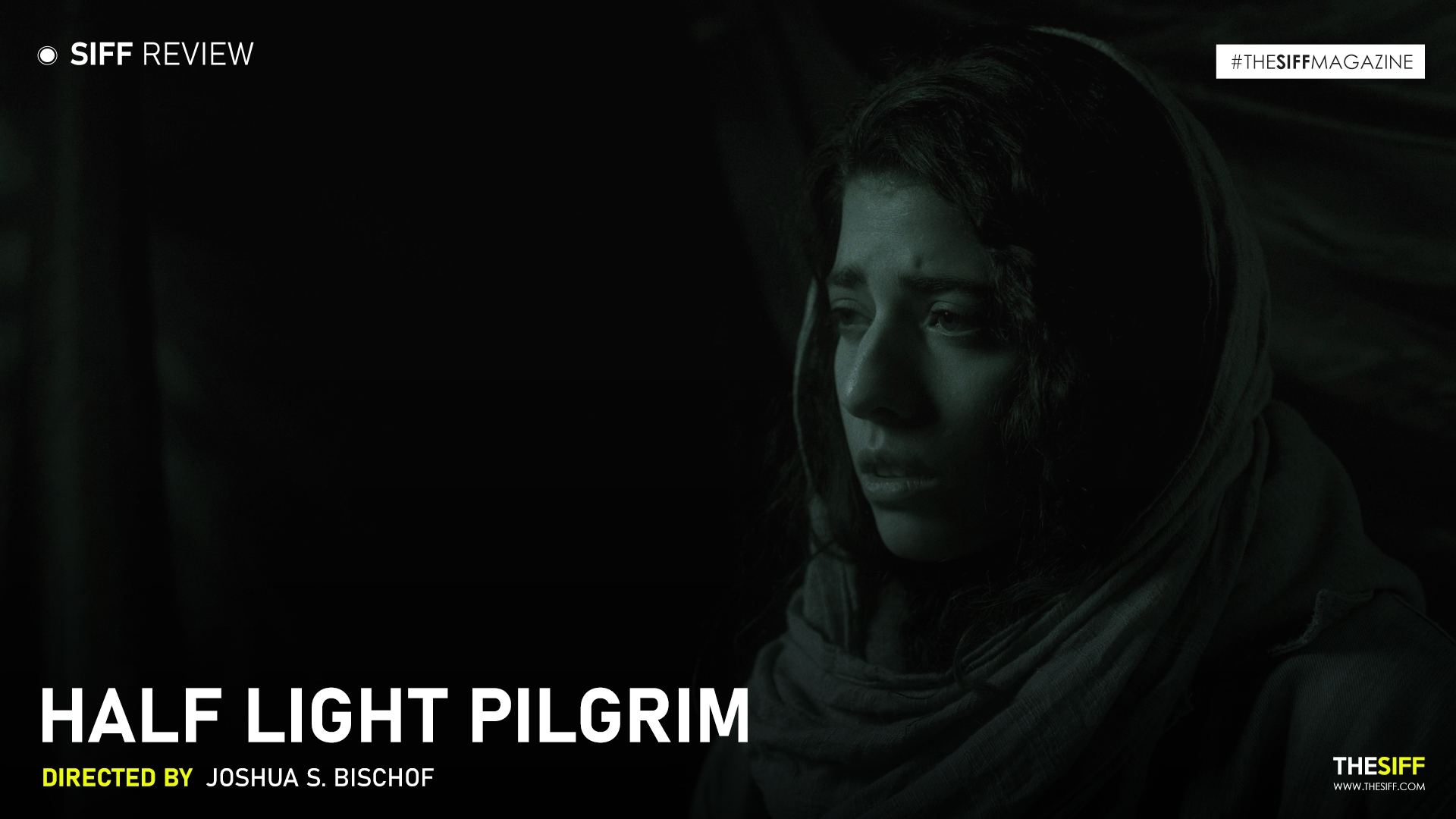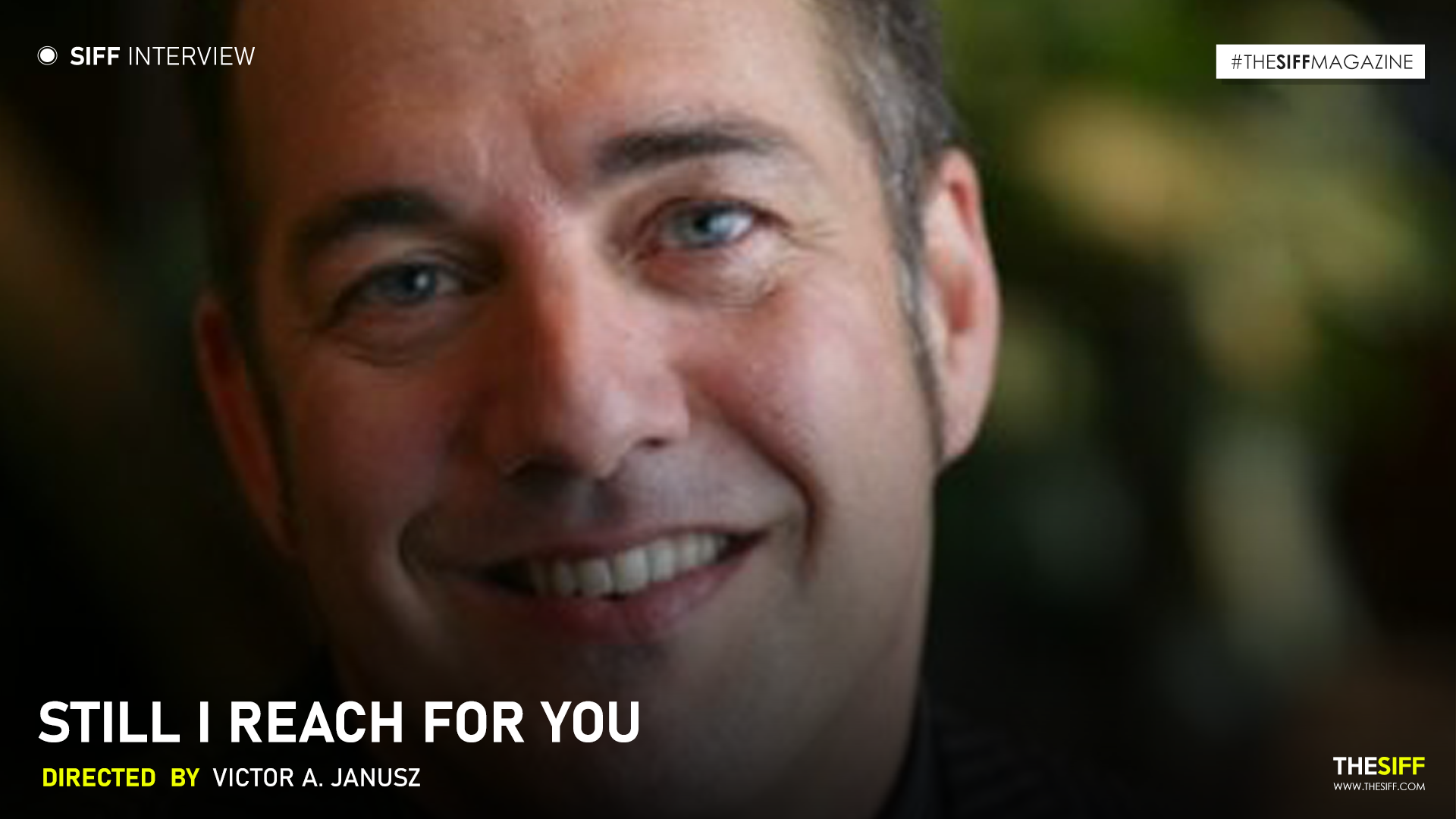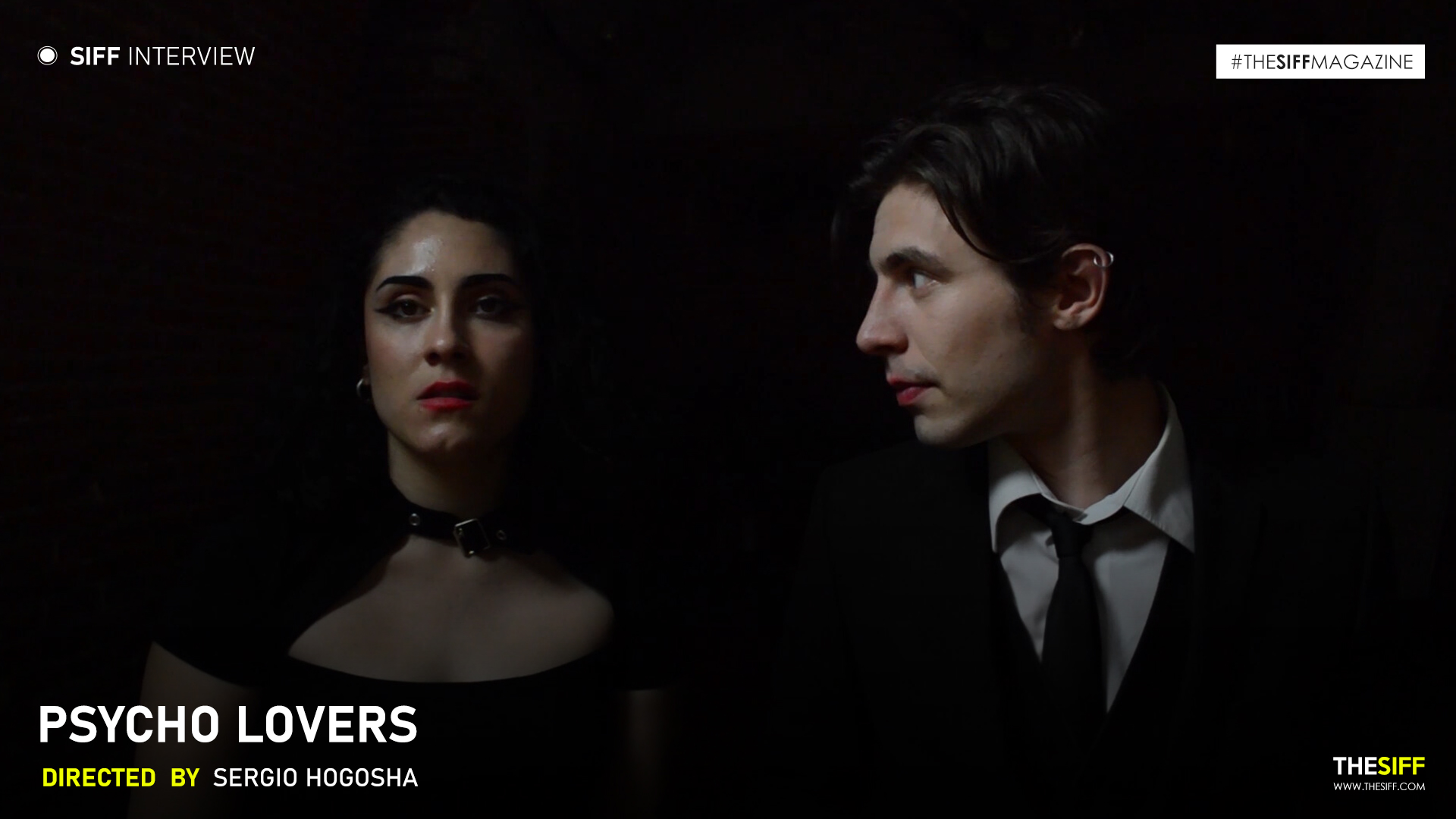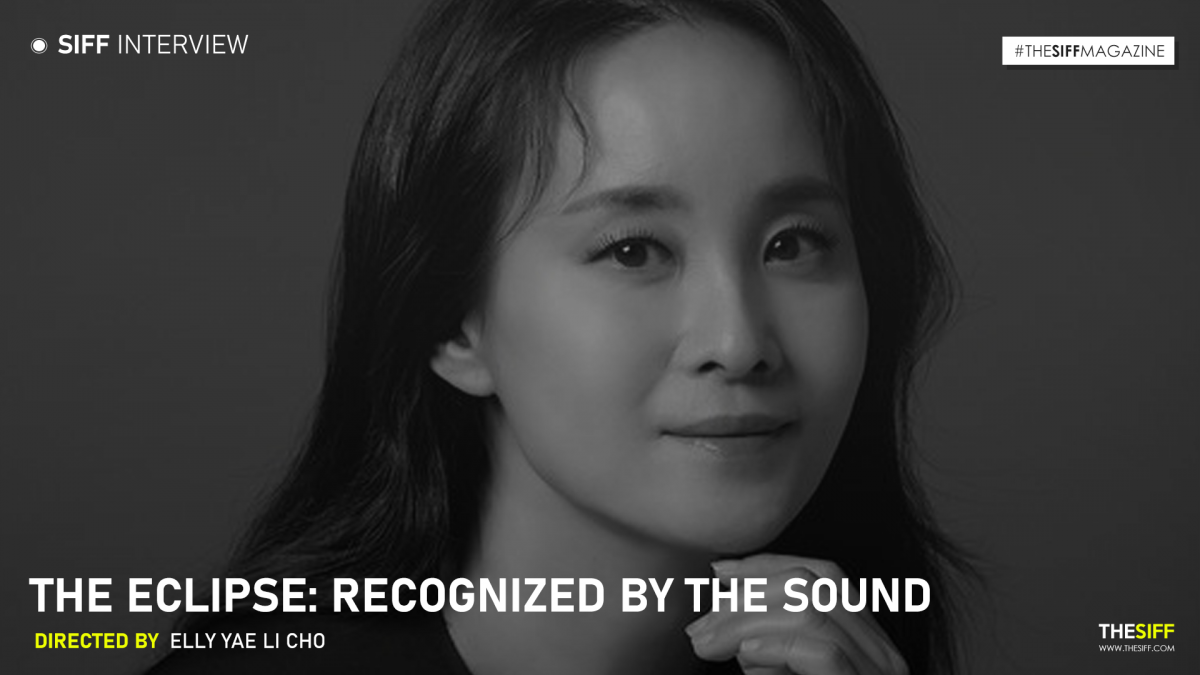
Healing through the sounds of silence – Elly Cho in talks with the SIFF
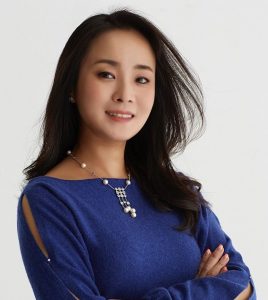
Movie: The Eclipse: Recognized by the Sound
Director: Elly Cho
Elly Cho has exhibited around the world and holds numerous awards. Her art explores the intersection between nature, the environment and human behavior, across various mediums including mixed media, video and performance art.
Cho’s approach to art making is largely inspired by the relationship between nature, environment and the viewer’s perception of nature based on their personal history.
Hello Elly, welcome to the SIFF. It is great to have you with us.
Would you like to share how your journey began as a filmmaker?
As a visual artist I explore the intersection between nature, the environment and human behavior, across various mediums including mixed media, video and performance art. I would say that I started using filming as a medium to depict the relationship between nature, environment and human behavior. I have been working as a video artist in my artistic career. I now can think about the video work from a film maker’s perspective and continue making film/video. I don’t think a video and a film are two different genres. What do you think?
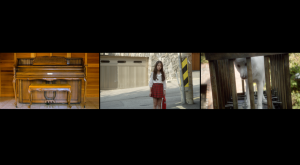
Elly, The Eclipse is extremely personal in its nature. How did you come up with the idea to present it to the world?
It was hard starting a film about such a personal event in my life. This film is one that I have always wanted to make throughout my artistic career. It first occurred to me when I came back from New York after writing my thesis in 2011. I spent a lot of time at a library in New York writing my thesis, and during those times I only had time to write my ideas for future projects but couldn’t make the artwork because I didn’t have much time for anything beyond my academic writings. My ideas became clearer in 2014. It came so fast that I wanted to make this film as fast as I could because I wanted to get my ideas into action. I started writing this script in 2014 and finished the film in 2015.
The Eclipse: Recognized by the Sound is a silent film about my memories of growing up that became the fragments of imagery that compose the whole story. The concept of this film is the memories, using it as a flow of consciousness and playing with the unconscious memories at the same time using sound multi screens.
Showcasing personal experience demands a lot of courage. Did you feel vulnerable at any point of time in the filmmaking? If yes, how did you get yourself back on the track?
Yes and no to this question. I felt vulnerable in the beginning of the process but once I got into it, I didn’t get a chance to feel vulnerable because I had a lot of things to take care of. After making the film though I felt vulnerable to show the film and it was one of the reasons that I kept this film away from my professional artwork. I was not sure where to show the film at the time and didn’t really try to show it because it was too personal. I submitted this film to the Cannes Art Film Festival and Hong Kong Art Film Festival during the pandemic last year because I realized that I had this film on my website for ages and it was never shown properly. It was great that they all selected my film! I loved being part of the film festivals from many different countries this year and winning in many categories.
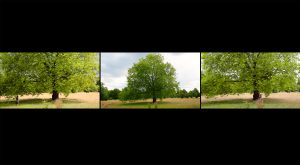
Elly, why do you think films have a greater impact on our minds?
Films impact our minds in various ways depending on the state of mind you are in. It triggers your emotion through its ideas, reflections of a society and culture. It opens up doors to new ideas and inspirations for me. Those inspirations can be a technique of the way it’s filmed or it can be how the film is depicting the subject matter. I always get something out of a film. Sometimes it reflects the state of my mind and impact on the way I feel about things.
You have shot the movie keeping nature and its representation intact. What is your takeout from nature?
The Eclipse: Recognized by the Sound is a silent film about my memories of growing up that became the fragments of imagery that compose the whole story.
Since growing up, I have experienced the importance of nature and environment, experiencing the city life in Seoul but having a second home in Jeju Island. I wanted to depict a young girl wandering in the woods and on the seashore experiencing the untouched nature and communicating with nature, which was my own experience and memory. I wanted to communicate a message that can be self-read through the imagery and sound of nature in this film. I also wanted to get an imaginative response from the viewer’s personal recognition about nature. I imagine this can be a variety of responses from wanting to be in nature to knowing their own value of nature. The memory of my childhood starts from my home in Seoul, expanding it in the dream-like context of a confused girl wandering around nature.
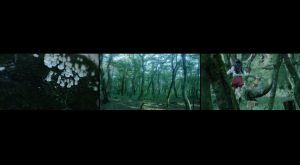
Jeju island has a significant amount of preference when it comes to the South Korean entertainment industry. From the phenomenal “Princess Hours” to the very recent and well received “Our Blues”, we have seen Jeju island becoming a character in itself. How did you perceive your concept of JejuDo?
The concept of Jejudo in this film would be a visual poetry about nature that relates to my memories of glowing up. Seoul is home and Jeju Island is a vacation home to me because I used to go there when I am free of school days or weekends and stay at my other home in Jeju Island. I would say the difference was the surrounding nature between Jeju and Seoul. In my film, Jeju Island is a symbolic place of peaceful memories with my brother. A peace that can’t be felt anywhere or any period in my life other than those days in the 80’s.
I haven’t watched “Our Blues” yet so I can’t tell you much about it but “Princess Hours”-The drama is attracting a lot of tourists for the Teddy bear museum in Jejudo and I felt that Jejudo has so much more to offer rather than just the teddy bear museum. I hope people who visited the museum had a chance to go to many beautiful beaches and the Halla mountain. Our blues has done better for selecting various locations in Jeju Island in this aspect.
Memory is an extremely tricky sector for human beings. How difficult was it to craft a story entirely based on a recollection of memories?
To craft a story from my memories based on the recollection was really hard but the film editing process was actually helping me to organize my thoughts in an interesting way with three screens. I feel that I am more comfortable working with multi screens than just a single screen in general, because I can play around with time and space. In this film though, I wanted to create a dialog between the screens depicting the thoughts of the characters of the film and making a story more interesting by having different places in each screen that creates its own narratives and tensions. It not only tells the story about my thoughts and feelings but also brings my memories into the realm of the senses, as such scenes put the subjects in a dream-like context.
This was filmed in three different places: Seoul, Jeju Island, and London. I filmed it in my own house and garden because all my childhood memories start from my house. Since my father had business in Jeju Island, we used to spend every vacation there. I took all the film crew and spent three days on the Island. It’s one of the most beautiful places in Korea for me. It had more untouched nature back in the 70’s and 80’s, though, which is what I tried to depict in this film. London is a place where I spent all my 20’s studying at the University, so that is why I included that location.
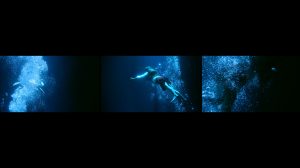
Elly, you have lived in various places and interacted with people from various cultural backgrounds. Would you like to share how you responded to different cultural traditions?
I absolutely loved living in Europe in my teens and 20’s. I liked the fun vibes of European people during my studies in Switzerland and London. I loved the appreciation they have for the arts the most. I also loved learning about their culture and the mindsets and quickly became part of the community. I get used to things very easily in general. I remember I had more European friends than Korean ones. Partly because there weren’t many Korean students living in London at the time.
How did they help you mature as a person? What kind of stories do you want to show as a director?
Europeans have respective manners for artists which I loved the most. After all those years spent in Europe, I felt I had a European mindset but I respect Korean culture of course. They helped me to mature through an equal amount of respect I got from them towards art and culture. I am thankful for that amazing experience I had with artists and friends in London.
I would like to make stories that connect to people’s imaginative response based on their cultural background. My approach to art making is largely inspired by the relationship between nature, environment and the viewer’s perception of nature based on their personal history.
I approached the subject matter of cultural landscapes in narrative form, and these narratives often relate to her own life experiences and memories. In my video work, I often use familiar landscapes that stimulate viewers to engage with an imaginative response.
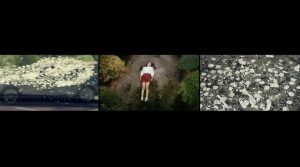
The movie has a pleasant color palette. The color green dominates it pretty much all the time. What does the color symbolize in your narrative?
Green in the film is probably the predominant color because I filmed it in a garden, a park, a beach, and in the woods. It tells a story through that imagery of nature and sound, representing them almost like the main character of the film in some scenes. I was using nature and the young girl as an ensemble acting in the film.
The movie is extremely calming in nature. It not only shows pain, but also heals throughout the process. Did you keep an object in mind while making the film? What was it?
That’s a very interesting question! Thanks for asking about objects in my film. I used a painted baseball as a symbol for my thoughts about my brother—an abstract form of attachment towards love and memory. This object also connects to pain. I try to depict its appearance and disappearance in an abstract way because pain is such an intangible thing that I can’t describe the kind of pain I felt in words.
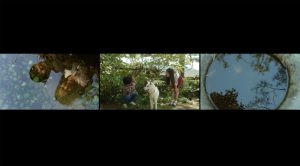
The music of this movie is extremely endearing. How did you pick up the track? What were your primary criterias?
I came up with an idea of using the bgm in the beginning and end of the film, using it as a means to create the background of the 80’s in Korea. I just chose a song by a singer that was representative of the 80’s in Korea but didn’t really want to use the song to support the film. It became rather a playful idea of childhood memory and nature in the film because the lyrics say “I can’t find you nightingale” repeatedly, like an echo—an echo in my mind trying to bring my memories back to those places.
Elly, thank you for creating such a beautiful film! And thanks again for visiting us! All the best for your future.


